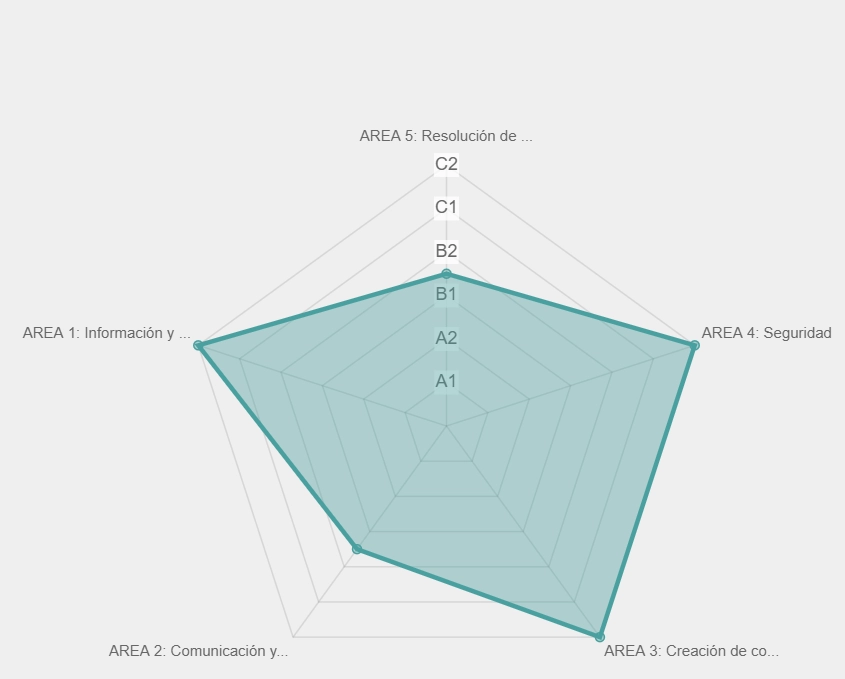Accessibility and inclusive education are fundamental pillars for creating equitable education tailored to the needs of all students. Inclusive education not only ensures the right to education but also promotes an environment that values diversity and fosters respect and empathy from an early age.
As noted by UNESCO, inclusive education enables students with disabilities or special needs to participate in the regular education system, avoiding segregation and helping to build a more cohesive and equitable society. Moreover, inclusion brings essential values such as tolerance and cooperation, fostering a learning environment that is enriching for everyone.
Accessibility in digital content is another crucial aspect within the context of inclusive education, as it removes barriers and enables students with different abilities to access information on equal terms.
The implementation of tools that provide digital accessibility, such as text adaptation and the ability to access information in accessible formats, represents progress in creating an inclusive and accessible learning environment.
Ximdex, a pioneering company in content digitization for the education sector, actively works to make its tools easily accessible to all users, regardless of their abilities or special needs.
Among its innovations is Cognitrek, a tool specifically designed for individuals with learning difficulties, such as dyslexia, ADHD, reading comprehension challenges, and more. This platform uses artificial intelligence to transform documents into more accessible versions, adapting content into a more comprehensible format. Cognitrek thus provides valuable support in academic, professional, and personal life, helping students access information and reducing the likelihood of falling behind in class.
Furthermore, the importance of accessibility in content management tools is reinforced by current legislation and guidelines, such as the Americans with Disabilities Act (ADA) and the European Union’s accessibility regulations. These ensure that AI applications and digital tools are designed inclusively and without discrimination.
In conclusion, Ximdex’s commitment to accessibility and inclusive education is reflected in the design of its products and its focus on barrier-free learning, ensuring that all students have the opportunity to reach their full potential.





